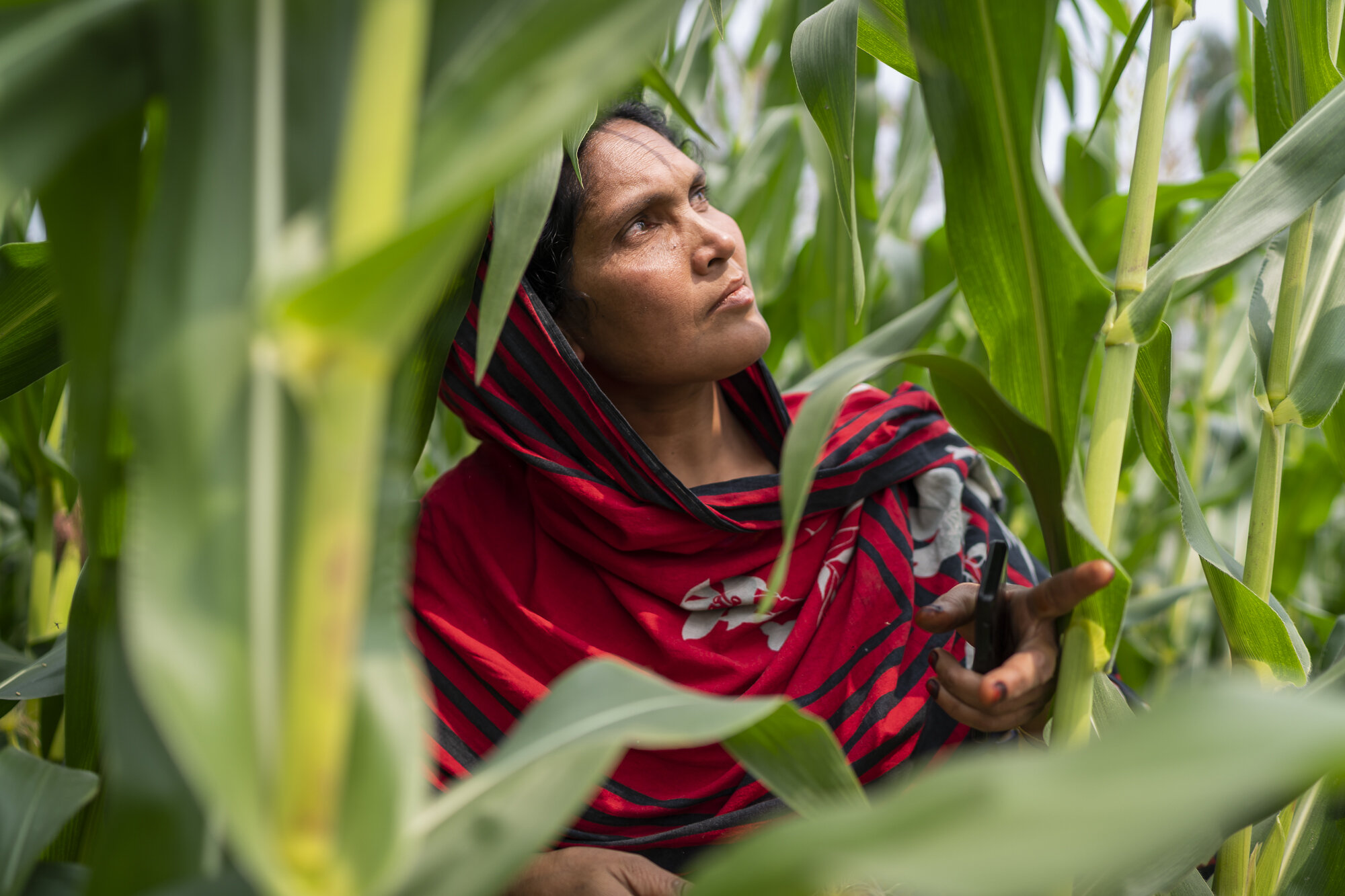Zero Till systems enable equitable development in the EGP
A new study demonstrates that Zero Till (ZT) farming systems in the Eastern Gangetic Plains (EGP) are women friendly, and should be supported by government and development programs not just because they have agronomic and economic benefits, but because they can also enable equitable development.
While there are proven benefits in implementing CASI systems in the EGP, there are also potential trade-offs. Changing weed dynamics and crop-weed competition are often identified as one of the biggest challenges to CASI implementation. Understanding the weed problems faced and practices used by men and women farmers to manage the changing weed populations in these systems successfully is central to the development of efficient weed management packages. It will facilitate further sustainable and equitable intensification and improved livelihoods for smallholder farmers in the EGP.
While the agronomic implications of changes in weed management have received some attention, socioeconomic issues, including how farmers decide to make changes in weed management or the changing gender relations under changing weed control practices, have been less explored. Knowledge of agricultural practices, beliefs, and perceptions is important for research and development interventions to support CASI’s gender-responsive outcomes. A recently concluded project lead by CIMMYT has contributed to the evidence base, focusing on gendered dimensions of weed management, specifically in the context of CASI systems in the EGP.
With some diversities across the EGP owing to different sets of drivers and benefits, this study in general highlights that CASI systems in South Asia appear to be equitable in terms of time savings during crop production, pointing positively to the plans for subsequent scaling out in the region. Herbicide use as part of a CASI system can be seen as enabling diversification, and can fuel on- and off-farm income-generating activities, leading to farmers’ economic empowerment, especially for women.
However, it is also important to consider the associated knowledge gap around management and handling of herbicides and technical knowledge around ZT use, prevalent among the male and female farmers, to ascertain a better adoption pathway. Particularly for maize systems, extension systems should focus on herbicide use and management techniques to ensure the full benefits of ZT are reached, and that herbicides are used safely to both people, animals and the environment.
Moreover, utilizing the saved time and creating a conducive environment for female farmers as they want to move on to engage in off-farm economic activities and learn and operate farm machinery could be equally challenging, especially in the South Asian sociocultural context.
A policy brief and fact sheet about the project are available. For more information, please contact Dr Hom Gartaula ([email protected]).
